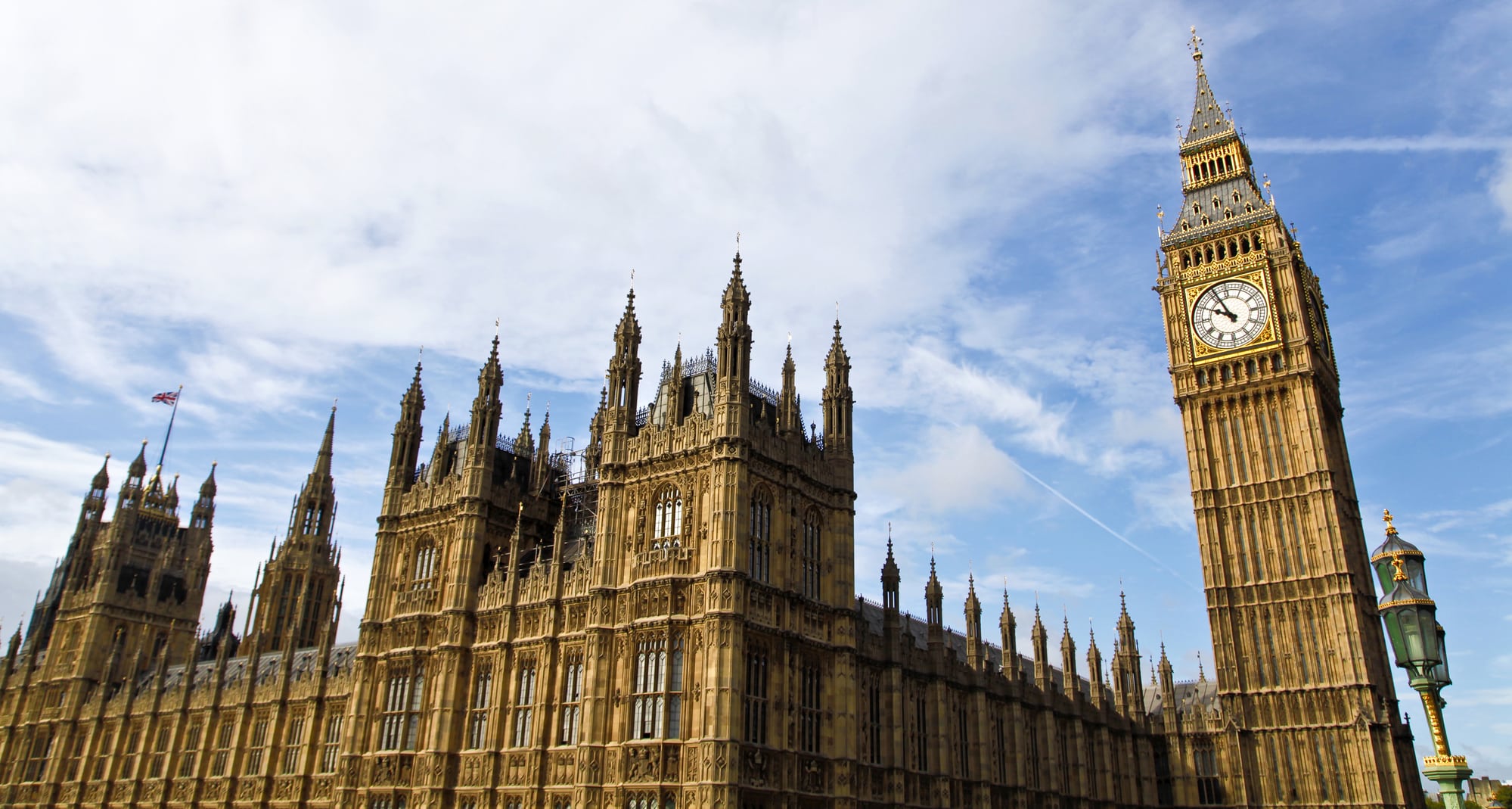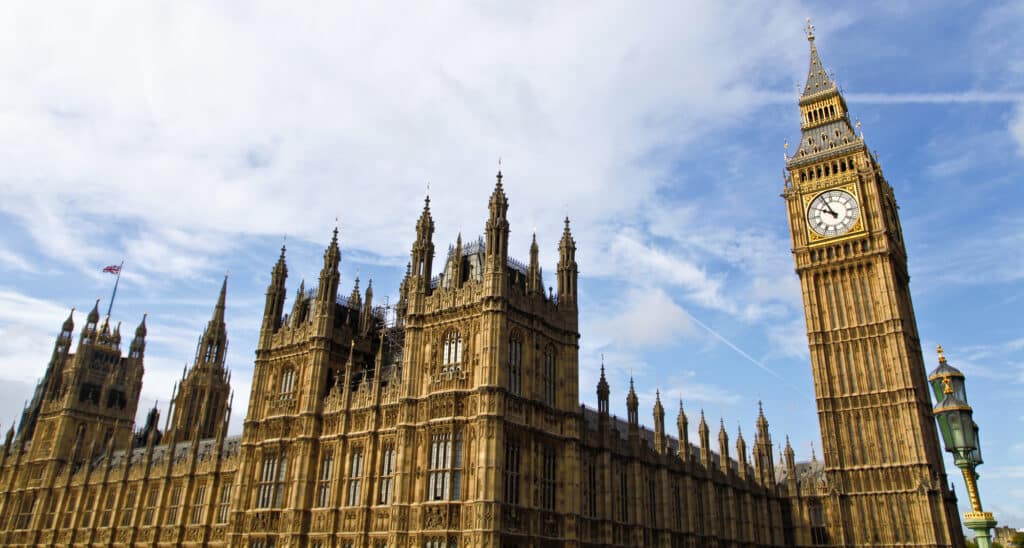Can defence companies create a strong ethical corporate culture?
Business Ethics Debates | read time: 4 min
Published: 29 April 2013

Before taking a closer look at the ethical challenges, GoodCoporation’s Business Ethics Debate began with a summary of some of the key issues facing the defence sector.
It is a shrinking market. Growth will only come by moving into new countries, with all the governance challenges that this entails. There is consolidation and intense competition with the need to deliver shareholder returns still of paramount importance. Few shareholders, it was said, ask about corporate responsibility or transparency, they just want to know how the business will grow.
So how do defence companies create a strong ethical corporate culture against such a background and what are the benefits?
Business conduct guidelines and strong financial controls were said to be the two single most important elements in creating an ethical corporate culture.
The debate focused on corporate culture and looked at three key areas: Transparency, Regulation and Responsibility
Transparency
Although shareholders were said not to ask about transparency, risk ratings do improve when companies talk to shareholders about what they do in this area. Companies, it was felt, could do more to change shareholder perception on transparency. Greater transparency regarding business practices would improve relationships with shareholders and make those with NGOs less adversarial. However care should be taken to ensure that any published information will stand up to scrutiny and be more than just a box-ticking exercise. Are practices really robust and ethical or are they just presented as such?
One of the problems highlighted with transparency was the very confidential nature of defence contracts. It was also suggested that transparency alone would not prevent corrupt practices. Indeed, some questioned whether it could be effective at all. Enron, for example, was always transparent and lobbying in the US was cited as transparent, yet corrupt practices continue.
Smaller companies also struggle with transparency, as they don’t always have the resources to publish what they do and engage in the same way as larger multinationals.
Despite the problems, it was felt that transparency in the form of greater openness does provide a baseline from which to move the debate forward, both in the public domain and within an organisation. It was argued that although companies may not be able to be public about specific deals, they can and should be open about the way in which they conduct their business. This may be seen as mutually exclusive in some parts of the world, but there was confidence that with the right support, this attitude would change. Greater openness about the way in which a company does business through published statements, annual reports, engagement with stakeholders will go a long way towards tackling corruption.
Regulation
A number of questions were raised about regulation. Have regulators got the balance right between what they expect of companies, individuals and governments? Is there equal focus on suppliers? Do regulators place too many demands on corporations, expecting them to be the watchdogs on the world?
Defence companies have to compete in emerging markets where corruption is often rife and where businesses and governments operate to a different and often conflicting set of values. They also compete in an environment that can have a direct impact both on national security and the national economy.
Some felt that it was unreasonable to expect corporations to do all the hard work, putting pressure on governments to behave ethically and adopt a different set of values. But is it right to expect governments to do this and how should it be done? There was a comment that governments are often looking for the lowest cost and are not motivated by good practice or aware of what it should entail.
The hope was that this will change. It was observed that there is a trend for more governments to outsource defence procurement. This will make defence purchasing less politically motivated, should raise standards and as a result, create a more level playing field.
Getting more governments to implement tough anti-corruption laws will also help level the playing field and the UK Bribery Act was welcomed in this regard, bringing the UK in line with the US, France and Germany.
It was suggested, however, that as many governments lack credibility in tackling corruption (and the UK was used as an example here), it was felt that organisations such as the International Forum on Business Ethical Conduct (IFBEC) could in fact, be more effective in supporting defence companies in tackling corruption and changing the culture in emerging markets.
Others felt that collective action through more partnerships was the answer. Again, it was suggested that for IFBEC to succeed, it needs the right people in its organisation, to share best practice and establish a code of conduct that others will adopt. If companies, governments and organisations such as IFBEC could work in partnership, this would prove the most effective means of establishing ethical working practices and beating corruption.
Greater collaboration such as this, it was felt, provided a less colonial approach to changing values and would ultimately be more successful in creating an ethical trading culture.
Responsibility
The debate moved on to look at who should be responsible for implementing an ethical code of conduct.
It was agreed that boards must take overall responsibility for creating and implementing an ethical culture within their organisations and should be supported by an effective compliance function, relative to the size of the organisation.
To ensure that an ethical culture operates effectively and with full company support, there should be a cross-departmental ethics team. In addition all managers must take responsibility for the behaviour of those they manage. High-risk departments such as sales and procurement should be closely engaged, possibly through leading some of the anti-corruption training, to ensure that they feel as if their roles are supported rather than compromised.
Michael Littlechild, from GoodCorporation concluded: “Business ethics should drive working practices and show how a company operates.
“From the work we do in this area, for defence companies and others, it is always very evident when there is a strong ethical message emanating from the top of an organisation. It is equally evident when that message isn’t there. Although certain processes may be observed, if there is no ‘tone from the top’, the understanding and real commitment will be lacking and this places companies at risk.
“Businesses, whatever their size, need to find an affordable way of implementing an ethical culture that goes beyond box-ticking. Top-level commitment to developing and implementing a robust, ethical code of conduct is essential.”
GoodCorporation Business Ethics Debate November 2012
work with us
